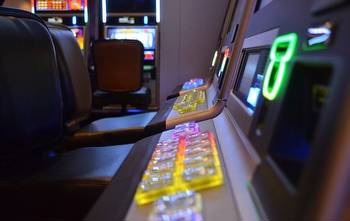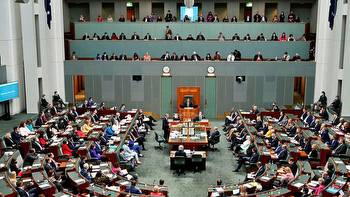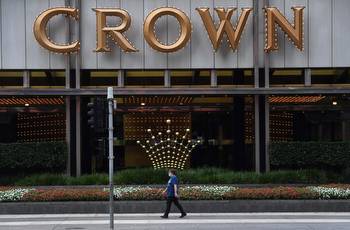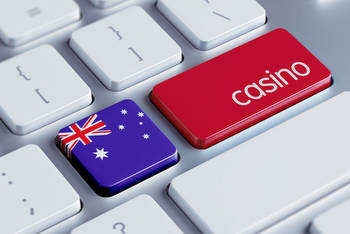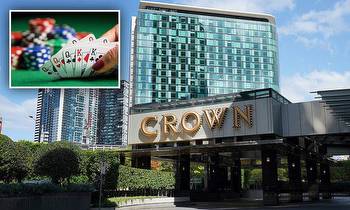Simulated Casino Games Result in Massive Gambling Losses of Australians That Could Boost Problem Gambling Rates
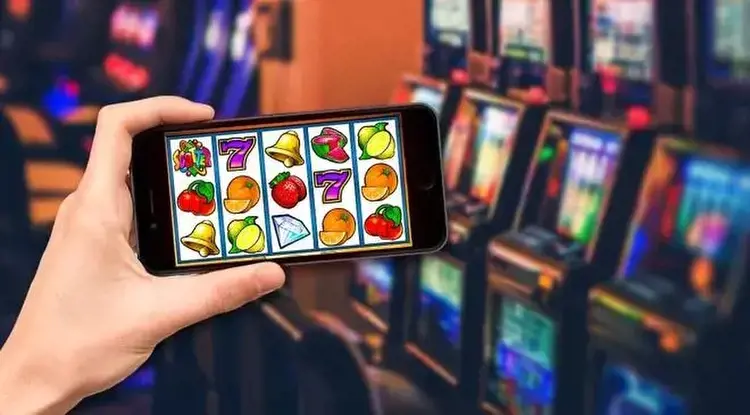
Australian residents are spending hundreds of millions of dollars on illicit and unregulated simulated casino games on an annual basis with little to no hope of getting a payout. According to experts, this trend could result in an increase in the number of problem gamblers in the country.
Currently, a federal parliamentary investigation into online gambling is aimed at checking into whether simulated gambling, such as social casino games and loot boxes, should be included in the Interactive Gambling Act, under which online gambling is suspended in Australia.
The Chair of the inquiry, Peta Murphy, revealed that some submissions have argued that the above-mentioned types of games make gambling look normal to young people and that there was evidence that the games can result in gambling-related harm. Ms Murphy said that the Committee is examining whether the definition of gambling service in the Interactive Gambling Act 2001 was appropriate and whether it should be changed in a way to capture some extra gambling-like activities, including simulated gambling.
The revelations of the inquiry have come at a time when both the Coalition Government and the Labour Party have turned the future of gambling into a crucial matter ahead of the state election in New South Wales (NSW).
Aristocrat Leisure Designs Free-to-Play Pokies Allowing the Manufacturer to Keep Profits
According to Sensor Tower, an app store analyst, poker machine simulator Lightning Link Casino has generated more money than any other game in the country almost every day for a period of no less than 3 years. It is one of few free-to-play poker machine simulators created by the largest pokie manufacturer in the country, Aristocrat Leisure.
The application features the same games that have been provided by Aristocrat Leisure to clubs and pubs and uses fake money, but could also offer real-money payments. Players are commonly offered package deals to encourage spending. What is worse, players are unable to actually win money, allowing the poker machine manufacturer to keep the profits and, at the same time, avoid being classified as gambling.
In November 2022, Aristocrat Leisure informed investors that players spent AU$1.4 billion globally on in-game currency across the stable performance of social casino games in the previous financial year. Currently, games featuring in-app purchases account for almost 50% of the Australian gambling operator’s revenue. The company has been investing heavily in Pixel United, its mobile game unit, and spent a total of AU$704 million on user acquisition last financial year.
A week ago, the CEO of Aristocrat Leisure told the company’s investors that the operator has made significant progress in developing online real money gaming in foreign territories, while online gambling is not officially permitted on the territory of Australia.
Several Surveys Find Evidence that Simulated Casino Games Could Trigger Problem Gambling Behaviour among Adolescents
According to a report from the app store analyst Data.ai, Australian residents spent AU$80 million in the digital casino-style game industry just during the second quarter of 2022.
The Longitudinal Study of Australian Children has revealed that 1 in 5 underage individuals aged 15 and 16 has had access to simulated games, including casino table games.
Dr Rebecca Jenkinson, the executive manager of the Australian Gambling Research Centre, explained that the applications can make users, especially teenagers, believe they could win while gambling. She noted that social casino games actually look and sound familiar to so-called pokies. However, unlike poker machine operators, operators of social casino games are not required to pay out real money, so these games are often programmed to give out more wins in comparison to real casino venues.
As revealed by Ms Jenkinson, evidence from the latest research had found a connection between playing social casino games and gambling-related harm, and the harms observed were similar to what was observed with gambling. She explained that these types of features were deliberately designed so that repeated play was reinforced.
The evidence from the latest research also showed that underage individuals who accessed simulated gambling games were much more likely to start gambling when they became adults. A causal link between playing such games by 16- and 17-year-olds and gambling when these adolescents become adults had been found, and the association was found exactly in this type of games.
Luc Delany, CEO of the global representative of the sector, the International Social Games Association (ISGA), said that social casino games could not be considered a form of gambling because they do not offer an opportunity of winning money or anything of value to players.


















